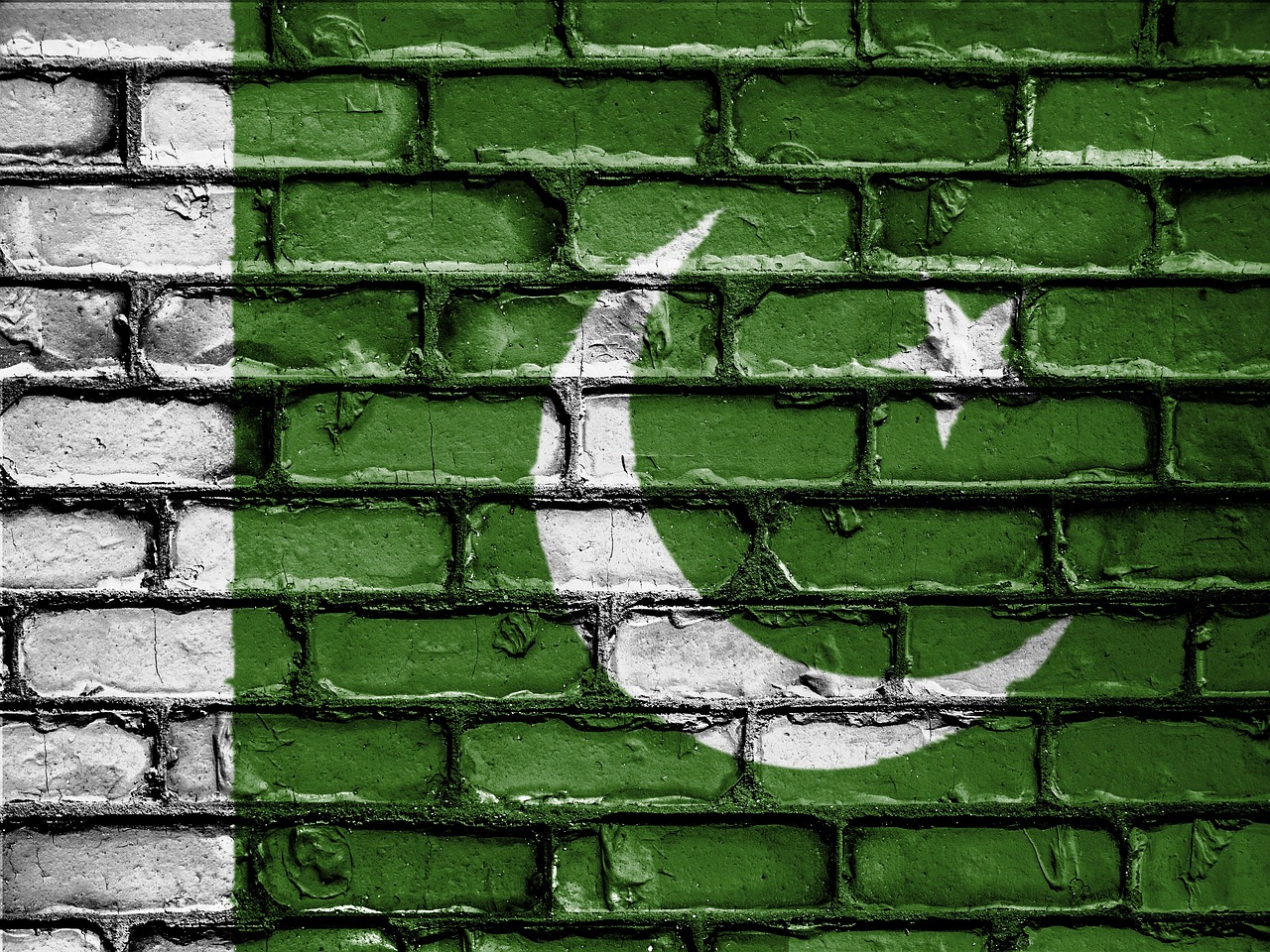
By Vusi Mazimbuko
Pakistan has officially applied for membership in the BRICS alliance, aligning its bid with the group’s most extensive expansion phase, set to occur during Russia’s rotational leadership in 2024.
Recently, BRICS welcomed six new members: the UAE, Saudi Arabia, Argentina, Egypt, Ethiopia, and Iran, all set to formally join at the 2024 summit in Russia. But recently, after the election victory of Javier Milei, a self-proclaimed anarcho-capitalist, Argentina might reverse its decision to join BRICS, with Milei’s foreign affairs adviser, Diana Mondino, expressing doubts about the current benefits of such a move for Argentina.
Pakistan’s Foreign Office spokesperson, Mumtaz Zahra Baloch, confirmed this application, underscoring Pakistan’s friendly relations with most BRICS nations and its contributions to global peace and development. Additionally, Pakistan’s envoy to Moscow, Muhammad Khalid Jamali, highlighted the country’s commitment to joining under Russia’s presidency and its stance against anti-Russia sanctions.
The application shows Pakistan’s dedication to working with multiple countries, seeking to help in global teamwork and support a more inclusive approach to international relations. However, how other BRICS countries will react to Pakistan’s application is not clear, especially considering Pakistan’s current economic and political problems, even though China, a close ally, is expected to support it.
Key aspects of Pakistan’s BRICS membership application:
- Economic opportunities: Pakistan’s accession to BRICS could unlock increased trade and investment opportunities.
- Funding access: Membership could provide Pakistan access to the New Development Bank’s resources for infrastructure and development projects.
- Geopolitical influence: Joining BRICS could enhance Pakistan’s influence in global affairs. It also offers a chance to diversify Pakistan’s diplomatic and economic ties.
- Global economic impact: BRICS represents a substantial part of the world’s population and GDP, emphasising its economic significance.
- Concerns with India: Pakistan’s inclusion in BRICS could influence its bilateral relations with India within the alliance.
- Strategic diversification: The bid is part of Pakistan’s strategy to enhance its economic and geopolitical position and broaden its international alliances.
Pakistan’s attempt to join BRICS is a strategic move to connect with rising economic powers and broaden its international relationships, set against a backdrop of shifting global dynamics.

